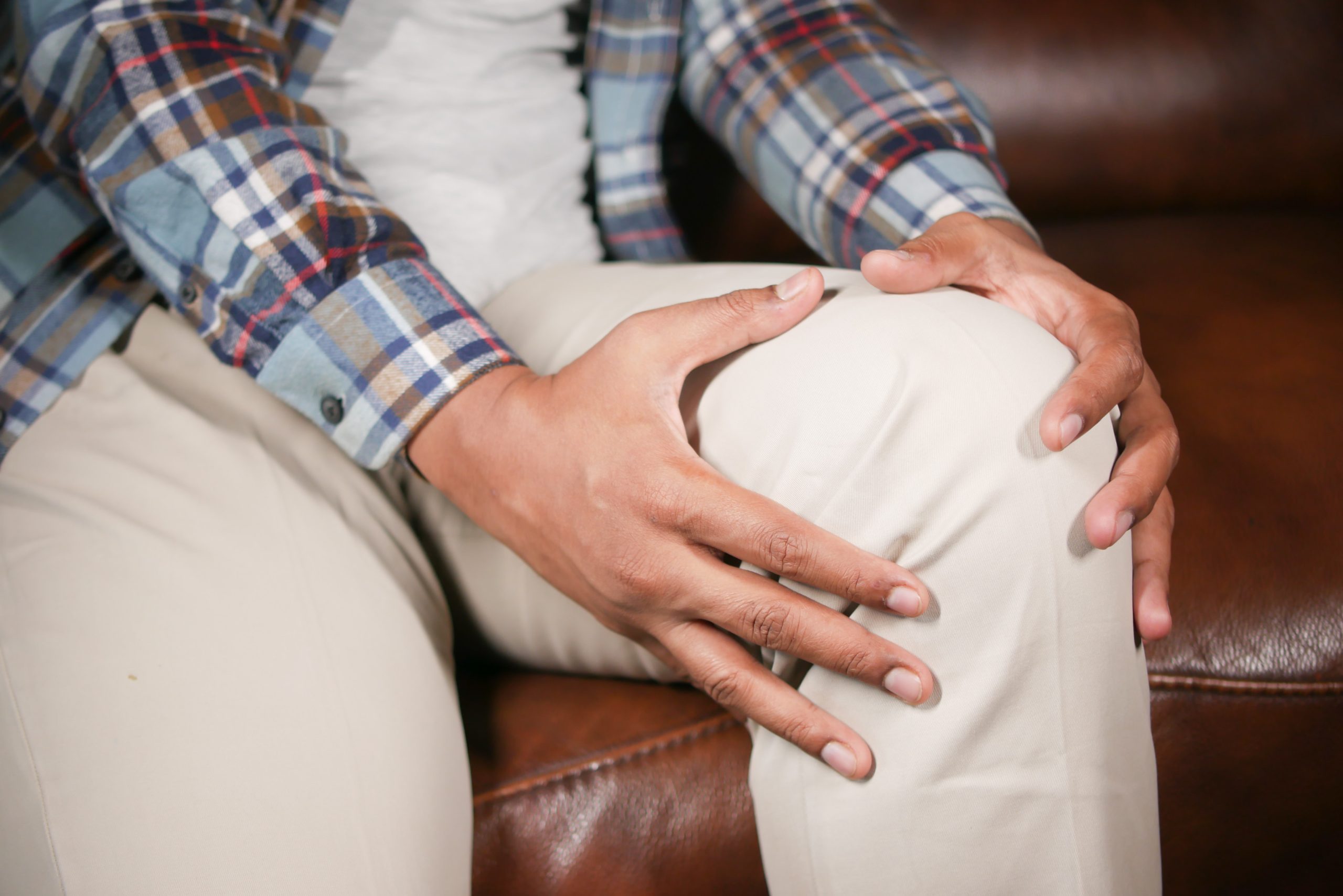Arthritis pain is often worse during cold or damp weather. In our clinics, we see a lot of people with arthritic pains and inflammation that are aggravated during autumn and winter. In this blog post, we will explore some of the reasons why this happens – and what you can do about it. We will also look at how osteopathy can help to manage arthritis pain. Finally, we will give you five top tips for managing your arthritis pain.
Osteoarthritis is the medical term to describe inflammation of the joint due to wear and tear. Over time, the cartilage that covers the bones and enables smooth joint motion gets worn down, resulting in bone erosion. The inflamed joint becomes sore as the body attempts to heal the wounded area. It largely affects weight-bearing joints such as hips and knees, as well as the lower back.
Why does arthritis pain flare up during cold or damp weather?
5 tips to manage arthritis pain
So, what can you do about it? Here are five top tips for managing your arthritis pain during cold or damp weather
Try to keep warm
Heat helps relax the muscles and reduces the tension in your joints. This in turn eases the inflammation that’s a cause of arthritis. Arthritis commonly affects the hands so wearing gloves or mitts will help
Exercise regularly
Exercise can help to improve joint flexibility and reduce pain. Sitting for long periods will aggravate the condition so even if it is indoors make sure you take breaks from sitting for too long. Build in some gentle stretches throughout the day, and if it’s not too cold or damp, head outside for a walk.
Maintain a healthy weight
Being overweight can put extra strain on the joints and lead to increased pain.
Warming muscle rubs
As long as you’re not allergic to them, Mint and Eucalyptus are good essential oils to bring relaxation to muscles that are tense or cold. Apply a few drops on a heat pack over the affected area or mix with coconut or almond oil and rub into the affected areas.
Manage your stress levels
When you’re stressed, your immune system isn’t as effective. With a lowered immune system, the inflammation in our system persists. Building in pauses between activities, starting meditation or yoga, or just slowing down – these are all simple ways to give yourself a break.
How does osteopathy help manage arthritis pain?
Osteopaths consider circulation to be key to good health. By improving circulation, we can help the body in a multitude of ways, for example reducing inflammation, promoting muscle growth and function, and supplying fresh nutrients. To improve circulation, ostepaths use many different techniques. One 2012 study showed improved blood supply to patients with knee arthritis simply from employing osteopathic methods.
Osteopathy considers the whole person, which includes the biomechanics above and below the painful joint. We can improve the function of these joints and their associated muscles using osteopathic techniques, relieving strain on the afflicted joint. If there are structural imbalances that put more weight on one side than another, they may also be addressed.
Finally, tailored advice on exercise and stretching routines can be provided by your osteopath.

